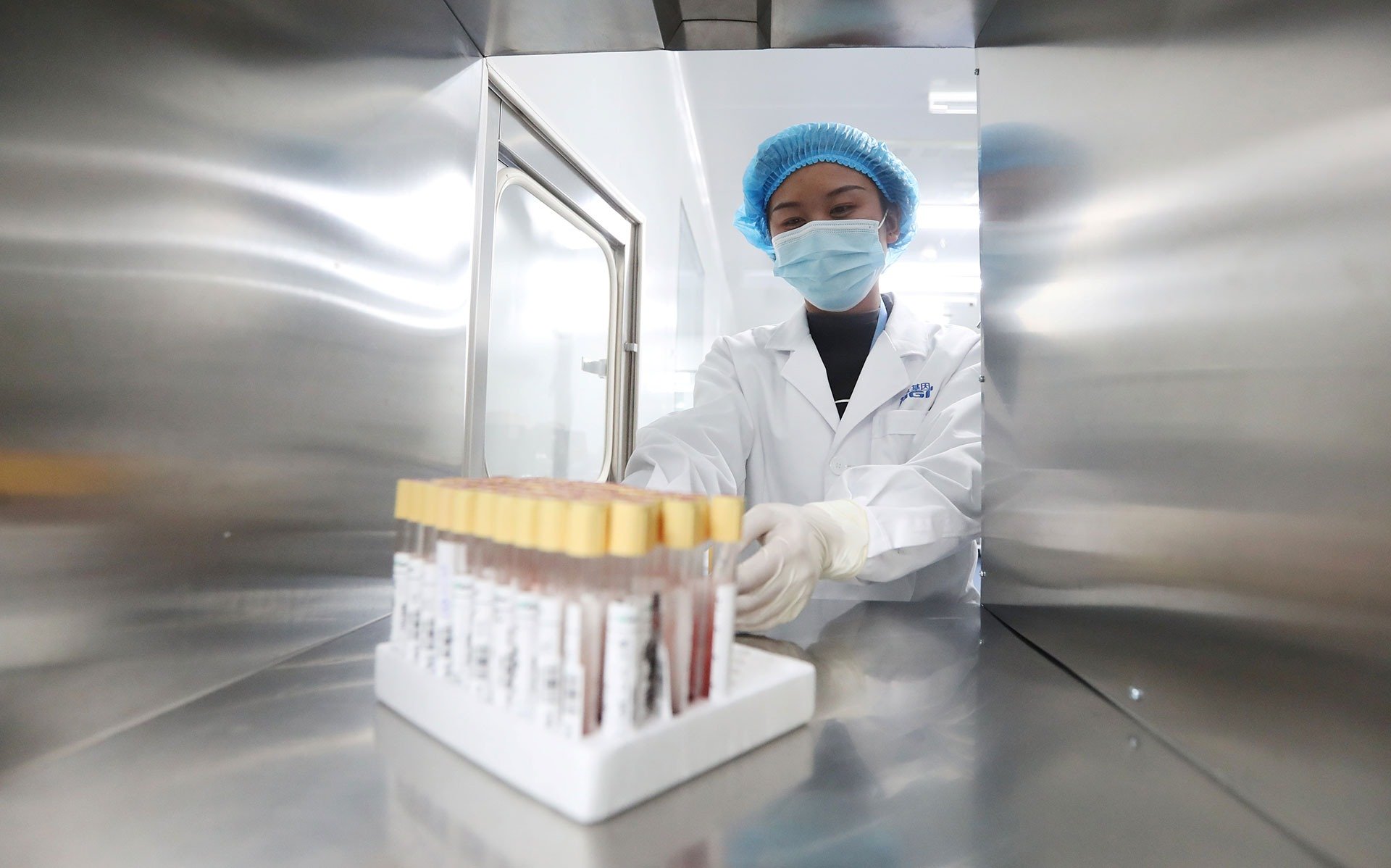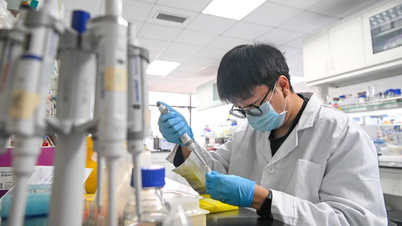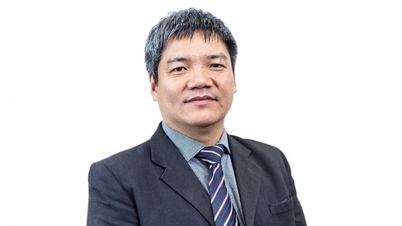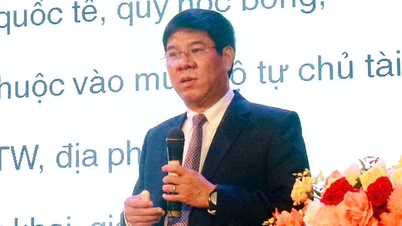
Technician at a genetic testing laboratory in Yunnan province, China
A group of Chinese experts has launched an international plan to increase the number of healthy years people can live, proposing a new phase of a project to learn more about the human genome, the South China Morning Post reported on September 20.
Building on the landmark achievements of first sequencing the human genome two decades ago, researchers propose sequencing the genes of more than 1% of the world's population from more than 100 countries, equivalent to 80 million people.
The data and results will be used to extend human healthy lives by improving medical practices such as genetic disease screening and rare disease diagnosis, as well as contributing to the development of precision public health.
Precision public health refers to “the use of advanced technologies, data analytics, and interventions to prevent disease, promote health, and improve health care delivery at the population level,” according to the proposal of the Human Genome Project II (HGP2), published in the journal Cell Research . Researchers involved in the project come from institutions in 15 countries.
“HGP2 will certainly not stop at 1% of the world’s population. However, when the goals set for the first 1% are met, we believe HGP2 will initiate a permanent paradigm shift towards precision public health globally. This will open the door for the rest of humanity to use their genomes to lead healthier and longer lives,” the team said.
The Human Genome Project was launched in 1990 under the leadership of American physician and geneticist Francis Collins, with funding from the US Department of Energy and the National Institutes of Health.
Source: https://thanhnien.vn/chuyen-gia-trung-quoc-muon-nghien-cuu-gien-cua-80-trieu-nguoi-tai-hon-100-nuoc-185240920154324035.htm


![[Photo] General Secretary To Lam attends the 18th Hanoi Party Congress, term 2025-2030](https://vphoto.vietnam.vn/thumb/1200x675/vietnam/resource/IMAGE/2025/10/16/1760581023342_cover-0367-jpg.webp)




![[Photo] Nhan Dan Newspaper launches “Fatherland in the Heart: The Concert Film”](https://vphoto.vietnam.vn/thumb/1200x675/vietnam/resource/IMAGE/2025/10/16/1760622132545_thiet-ke-chua-co-ten-36-png.webp)



































![[Video] TripAdvisor honors many famous attractions of Ninh Binh](https://vphoto.vietnam.vn/thumb/402x226/vietnam/resource/IMAGE/2025/10/16/1760574721908_vinh-danh-ninh-binh-7368-jpg.webp)




























![[Photo] Nhan Dan Newspaper launches “Fatherland in the Heart: The Concert Film”](https://vphoto.vietnam.vn/thumb/402x226/vietnam/resource/IMAGE/2025/10/16/1760622132545_thiet-ke-chua-co-ten-36-png.webp)





































Comment (0)